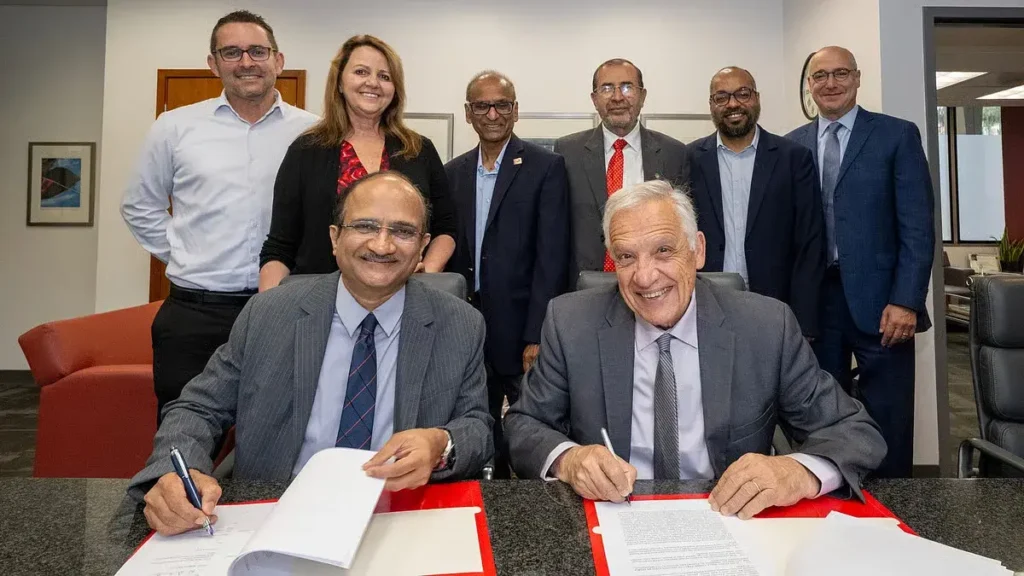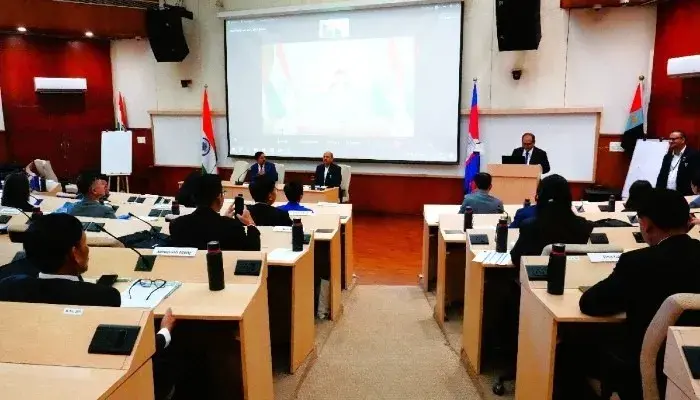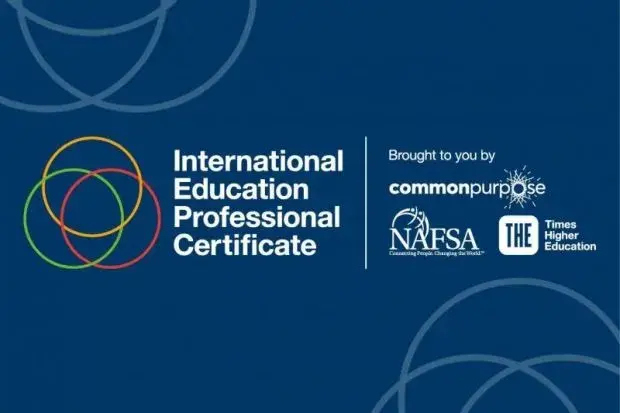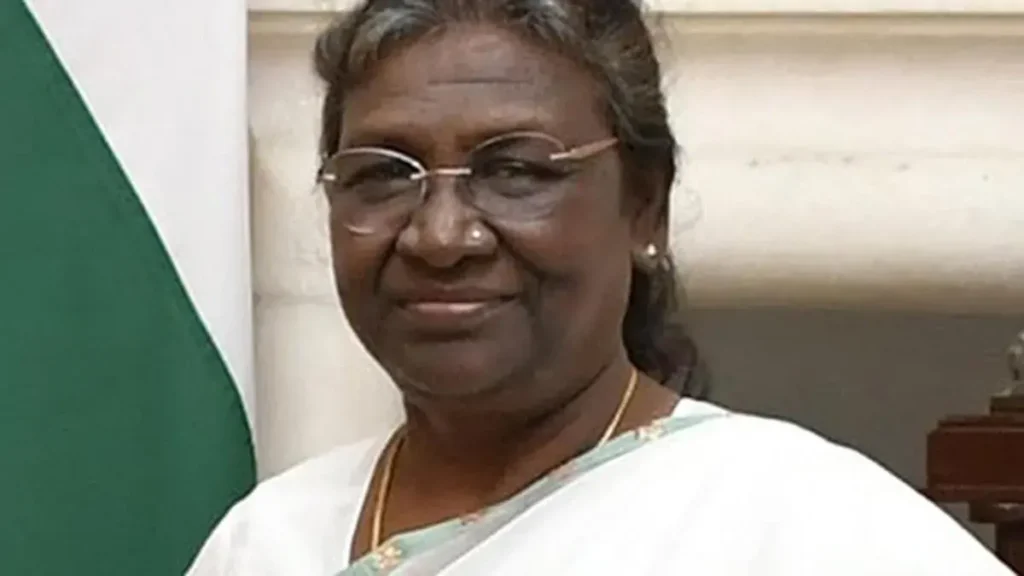Educational exchanges build crucial bridges for mutual understanding, learning, and friendships, said DC Manjunath, the Consul General of India in Houston, as he inaugurated two Indian pavilions at the 76th NAFSA 2024 Conference & Expo — the world’s largest international annual education event — in New Orleans, Louisiana. The Indian delegation, consisting of over 40 major academic institutions, both public and private, had a significant presence at the conference held from May 28-31. This participation highlighted the potential of Indian education and fostered international and India-US collaboration. The event, which promotes international education and exchange, brought together 10,000 delegates from more than 110 countries under the theme “Resilience. Renewal. Community.” It positioned NAFSA as a platform for global communities working together to foster resilience in the post-pandemic era, support education renewal, and build stronger local and global communities. Consul General Manjunath inaugurated the Study in India pavilion and the India Pavilion booths at the expo. The Study in India pavilion was hosted by Educational Consultants India Limited (EdCIL), under the aegis of the Union Ministry of Education, and comprised the National Book Trust and public higher education institutions. The India Pavilion, under the Education Promotion Society for India (EPSI), featured 28 reputable private higher education institutes, represented by 62 delegates led by Prof. Rajive Kumar, the All India Council for Technical Education (AICTE) member secretary, and Dr. Prashant Bhalla, senior vice-president of EPSI. Attendees at the Study in India pavilion explored diverse academic opportunities in India and discussed academic cooperation between India and the US. Manjunath emphasized that India has a robust education system equipped with high-quality research facilities and that Indian institutions are broadening their global footprint. He noted that India has become a one-stop destination for technologies such as data science and cybersecurity. “Both Study in India and the India Pavilion are a reflection of India’s commitment to becoming a global education hub and attracting international students to pursue higher education opportunities in the country,” Manjunath said. “Educational exchanges build crucial bridges for mutual understanding, learning, and friendship, which are more important than ever,” he added. On the sidelines of the conference, the consulate, in association with the education ministry and SVVS Temple Society, New Orleans, organized “India’s Higher Education Partnership & Dialogue,” highlighting India’s economic growth, educational system development, new opportunities in universities under India’s new National Education Policy 2020, and the empowerment of women in education. The event was attended by Ministry of Education Joint Secretary Sanjog Kapoor, Ministry of Education Director Varun Bhardwaj, and EdCIL Executive Director Dr. B Chandrasekar, among others. Several other Indian universities and academic institutions also participated independently, exploring diverse educational opportunities, connecting with representatives of elite institutions, and discovering a world of educational possibilities in India. The participating institutions signed MoUs with universities in the US, Europe, Canada, Japan, with a focus on STEM and management programs. They also shared ideas for mutual academic collaboration and partnership for student exchange and faculty mobility to enhance curriculum and teaching in graduate and postgraduate programs. “NAFSA 2024 showcased their academic programs and research opportunities, fostering international collaborations and partnerships, enhancing global reputation, attracting international students, and promoting cross-cultural exchanges,” a delegate said. “Additionally, it offers opportunities for faculty and student exchange programs, collaborative research projects, and sharing of best practices in education, thereby enriching the educational experience and global perspective of Indian students and educators,” the delegate added. The Study in India delegates met with the academic leadership of the Louisiana School of Health Sciences and Tulane University to design and develop postgraduate programs in frontier areas such as climate science finance, sustainability, bioinformatics, public health, tropical medicine, and AI applications in healthcare.





